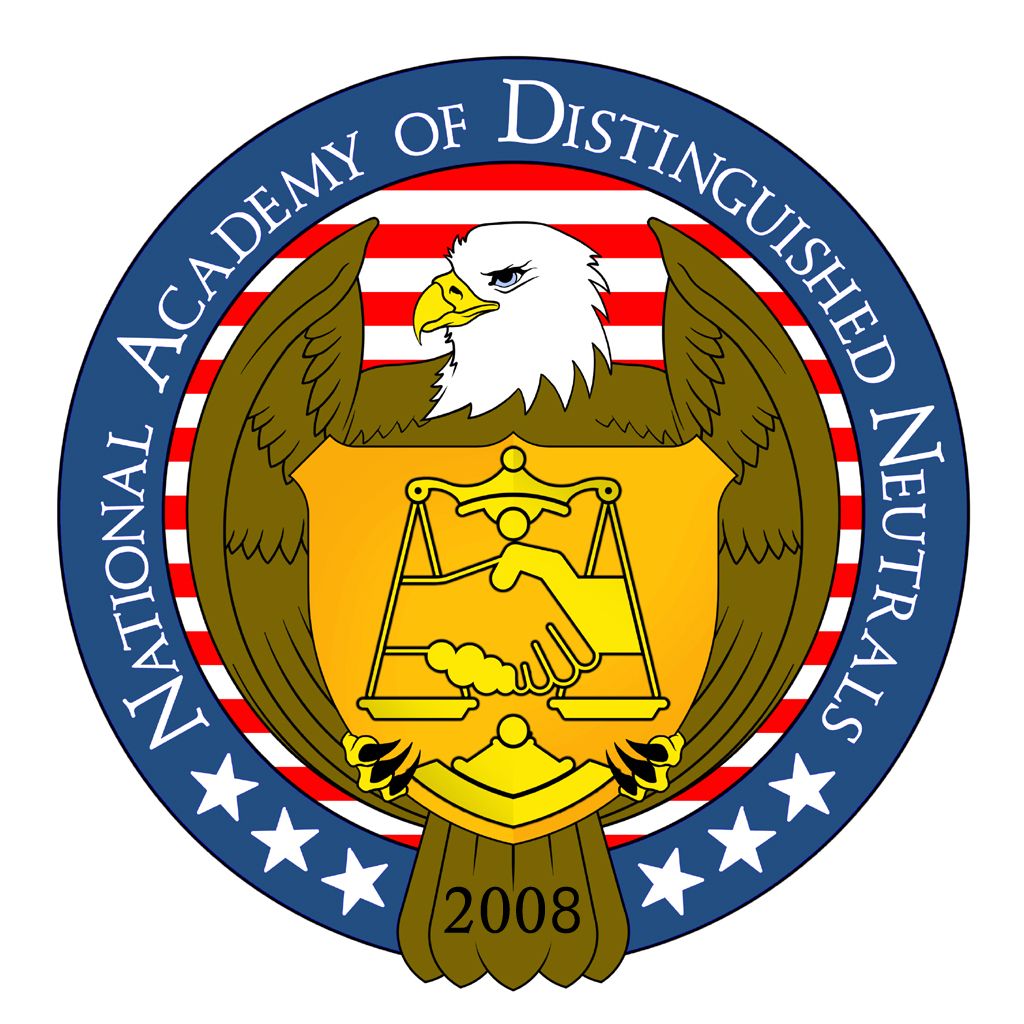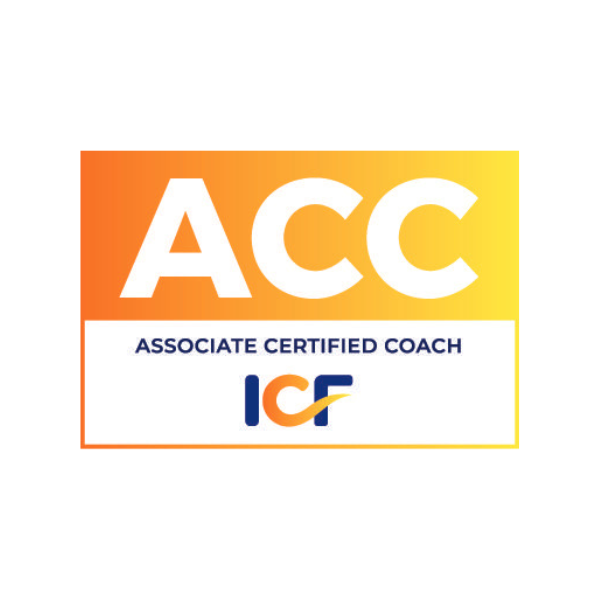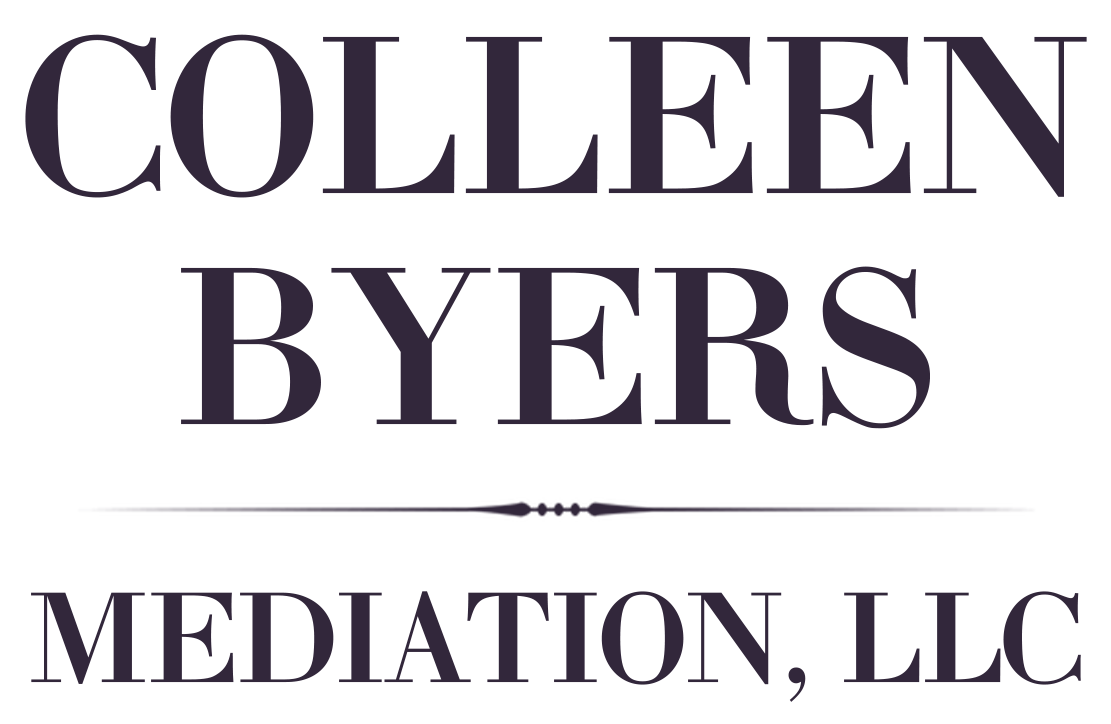“I have met few people who have such powerful listening skills— the way Colleen heard my client was impactful and was a significant reason that the case moved to settle. Colleen projected confidence, no-nonsense, and patience. All were key to bringing closure to this family.”
Counsel at AmLaw 100 Firm
“I’m privileged to help companies, families, and individuals de-escalate conflict, improve their communication, and find practical solutions for their business and their lives.”
Colleen Byers, JD, MBA
News & Updates

What Attorneys and Mediators Need to Know On December 11, 2024, the North Carolina Supreme Court approved a series of important amendments to the Mediation Rules and Standards of Professional Conduct for Mediators. Effective on January 6, 2025, these changes impact key aspects of mediation practice in North Carolina. Below is a summary of some (although not all) of the recent amendments to the Standards of Professional Conduct for Mediators, and the Mediation Rules governing settlement procedures in Superior Court, Family Financial, and Clerk of Court matters. For comprehensive redlines to each rule set, visit https://www.nccourts.gov/news/tag/general-news/supreme-court-amends-mediation-rule-sets Superior Court Mediation Amendments New Mediator Designation Forms See Rule 2(a) & (b) There are now two separate forms for mediator assignment, depending on whether the mediator is party selected or court appointed. One form entitled Designation of Mediator By Agreement of Parties in Superior Court Action and Order of Appointment (AOC-CV-812) is for parties to designate a mediator of their choice, while the other form entitled Appointment of Mediator by Court Order in Superior Court Civil Action (AOC-CV-840) is for requesting a court-appointed mediator or for court staff to file a mediator appointment where the parties have been unable to agree on the selection of a particular mediator. It is important to note that in order for any of the parties to designate a mediator of their choice, all parties, including but not limited to unrepresented parties, must agree to designate said mediator. If all parties have not expressed agreement to designate a particular mediator, then the parties and/or their counsel must use AOC-CV-840 to ask the court to select a mediator. Attorney Signatures Removed from Mediated Settlement Agreement See Rule 4(c) & Rule 10(c)(9)(b) The requirement for attorneys to sign the final settlement agreement, alongside their clients, has been removed. Updates to the form Mediated Settlement Agreement (AOC-DRC-15 and AOC-DRC-16) are anticipated so be sure to use the most up to date forms in your mediations. Party Designee Signature See Rule 4(c)(4) A clarification was made regarding the ability of a designee to sign on a party's behalf if the party does not attend the conference in person . A designee may sign the agreement on behalf of a party only if the party does not attend the mediated settlement conference in person and the party provides the mediator with a written verification that the designee is authorized to sign the agreement on the party’s behalf. The Dispute Resolution Commission’s Advisory Opinion AO 42 provides mediators with further guidance when a designee wishes to sign for a party who does not attend the mediation in person. Substitution of Mediator See Rule 7(c) The form used to request mediator substitution by mutual consent of all parties has now been linked directly to Rule 7(c) (AOC-CV-836). This makes the substitution process more efficient and standardized. Family Financial Mediation Amendments New Mediator Designation Forms See Rule 2(a) & (b) Just like the Superior Court Civil Actions, the process for assigning mediators in family financial cases has been updated with two new forms. One form (AOC-CV-825) allows for party-selected mediators, and the other (AOC-CV-841) is used to request a court-appointed mediator. Substitution of Mediator See Rule 7(c) The same update regarding mediator substitution applies here as in the other rules, with the relevant form (AOC-CV-836) linked directly to this rule. Clerk of Court Mediation Amendments New Mediator Designation Forms See Rule 2(a) & (b) Similarly to the other updates, the process for assigning mediators in matters before the Clerk of Superior Court has been divided into two forms. One form (AOC-G-302) is used for party-selected mediators, while the other (AOC-G-314) is used to request court-appointed mediators. Attorney Signature Removal See Rule 4(b) As in the other rules, the requirement for attorneys to sign the final agreement with their client has been removed from Rule 4(b). Mediator Confidentiality Amendment Exception to Confidentiality See Standard 3(d)(2) This amendment creates an important exception to the general rule of confidentiality in mediation. Specifically, it allows a mediator to testify, give an affidavit, or tender an agreement if required not only by a statute (as previously excepted) but now also by a mediation rule promulgated by a state or federal agency. The change clarifies that a mediation rule also serves as the basis under which a mediator may be compelled to breach confidentiality. Summary: What You Need to Do As of January 6, 2025, the new and updated forms should be available for use at www.nccourts.gov, and it is important to ensure your practice aligns with these amendments. The most notable changes include the following: Two different mediator designation forms, Attorneys do not need to sign the settlement agreement, and Revised mediator substitution form.

Managing Emotional Clients Colleen L. Byers collaborated with fellow neuroscience geek and mediator, Chris Osborn, to deliver this month’s Expert Continuing Legal Education (CLE) Series sponsored by the North Carolina Bar Association. Colleen co-presented about the impact of trauma on clients in the legal system and shared some practical tools for managing difficult emotions within ourselves (as lawyers or as mediators) as well as with our clients. View the CLE, which includes 1 hour of Mental Health/Substance Abuse credit in North Carolina here .

You have been mediating and negotiating all day long. You are fully invested and can sometimes glimpse the fragile light at the end of the tunnel. Suddenly, all the momentum that has been slowly building all day seems to come to a screeching halt. How do you avoid crashing into an unbreakable impasse? First things first. Pause and take a deep breath. Then take another deep breath for good measure. Then get a sheet of paper and a pen. Along the left side of the paper, write the numbers 1 through 5. Now, with pen in hand, ask yourself these questions and write the responses next to numbers 1 through 5. What is the craziest idea I can think of to solve this problem? What is the second craziest idea I can think of to solve this problem? What is a variation of the other side’s idea that would work for me with an adjustment? What is another idea? What else might work? You have now generated five new possible ways to solve this problem that you can share with the other side to keep the negotiation moving forward and avoid running straight into an impasse. Let me give you a real-life example. My daughters were fighting over the most coveted seat on the couch. The older child asserted, “This is my spot. I always sit here.” The younger child claimed, “But I was here first today!” Unsurprisingly, their attempts to persuade the other to acquiesce were unsuccessful. They are not old enough to engage lawyers to determine who had the stronger legal claim to the coveted seat on the couch but they both came running to me pleading their respective cases in hopes that I would serve as the arbitrator. I declined to serve as an arbitrator but did put my mediator hat on. We all sat at the kitchen table with paper and pen to brainstorm possible solutions that would work for both of them. You may be wondering how I got my young children to do this. I told them that they could not watch any television until they found a solution to which they could both say yes. So down they sat with pen in hand. Using questions 1 through 5 above, as prompts, they generated the following ideas: Take turns – alternate days; Take turns – set a timer and then switch; Sit on top of each other; Build a fort on the couch for both of us. Then we went back through the list one by one, and I asked each child if they were a “yes” or a “no” for that particular idea. Here is what that looked like:









